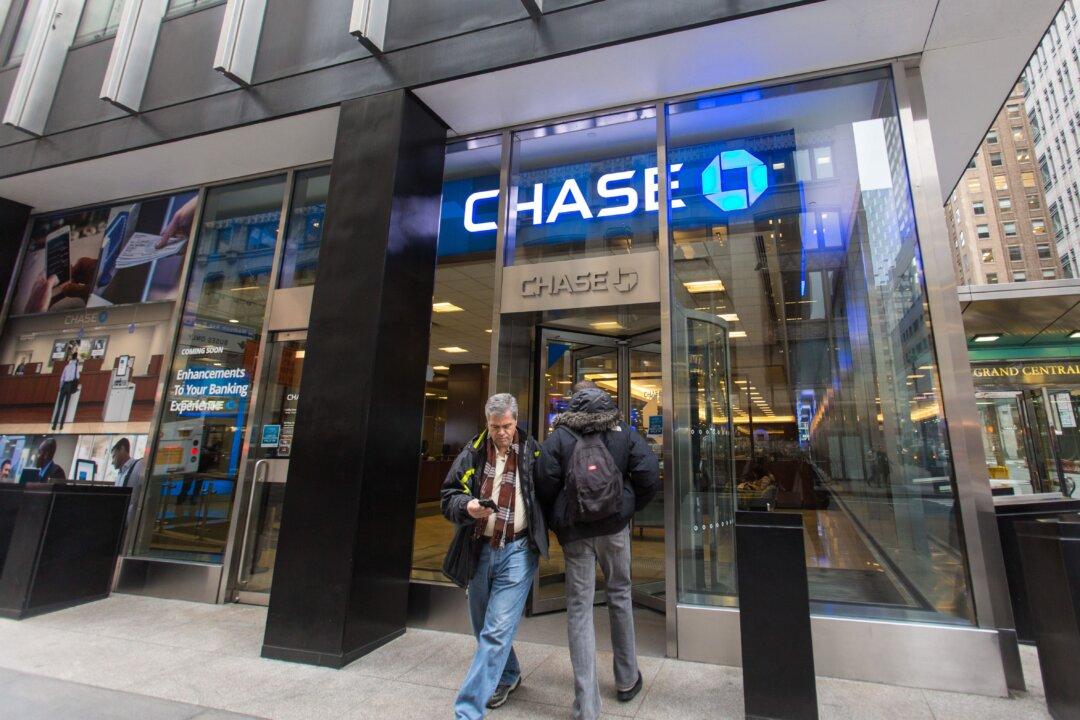Chase Bank has closed the accounts of three right-wing personalities, in what appears to have been arbitrary executive decisions that aren’t based on any official company policy.
The bank stated it wouldn’t shut a client’s account because of political affiliation, and also denied having a “hate speech” policy. Chase officials refused, though, to comment on the situations of particular clients. The clients themselves also couldn’t get an explanation from the bank, or at least one that would square with known facts.





